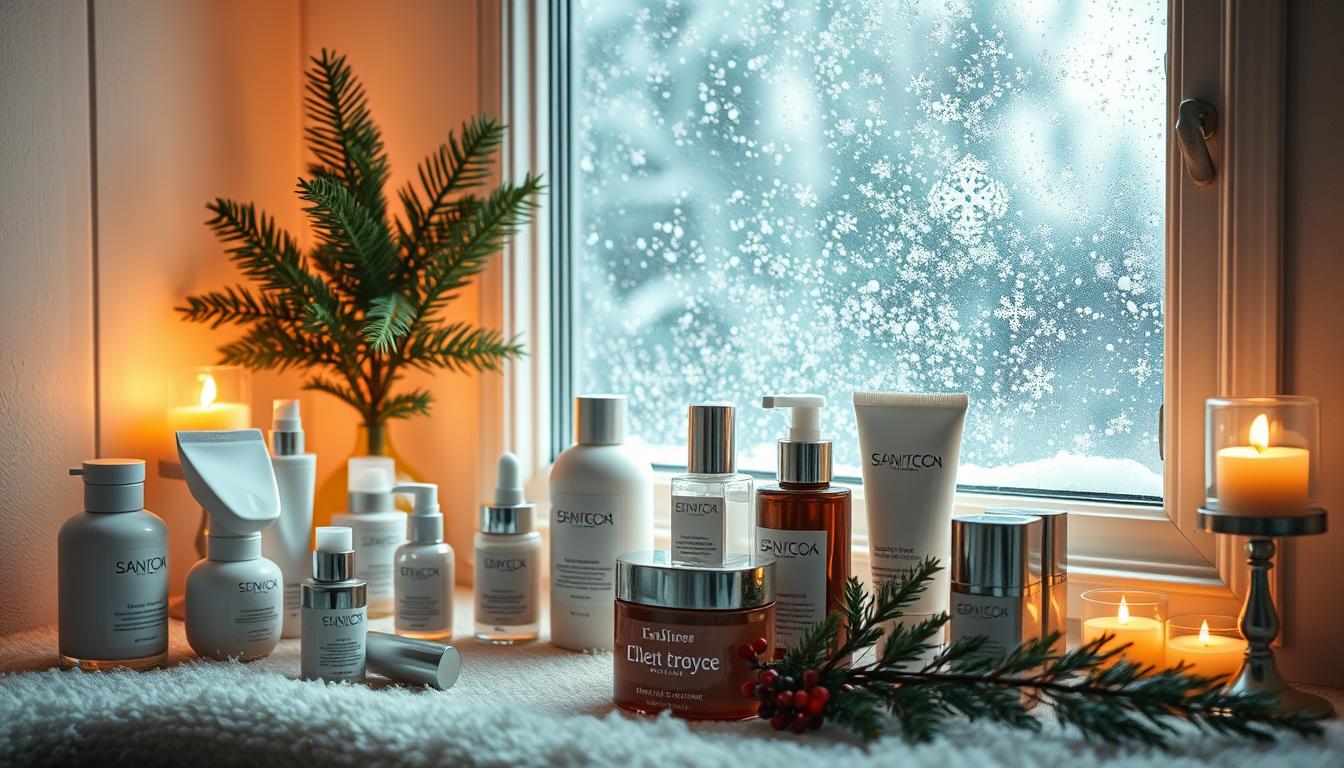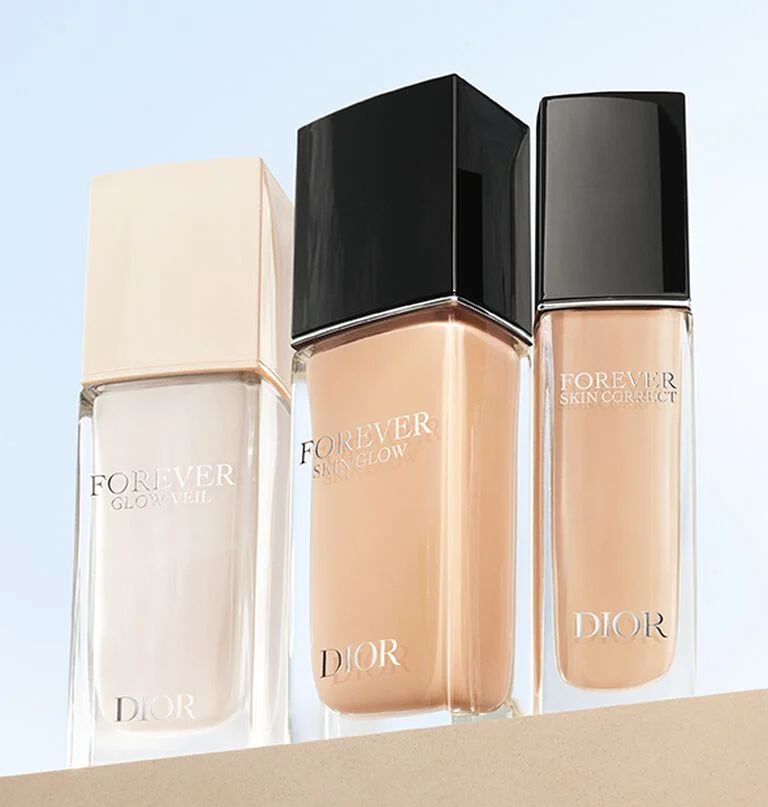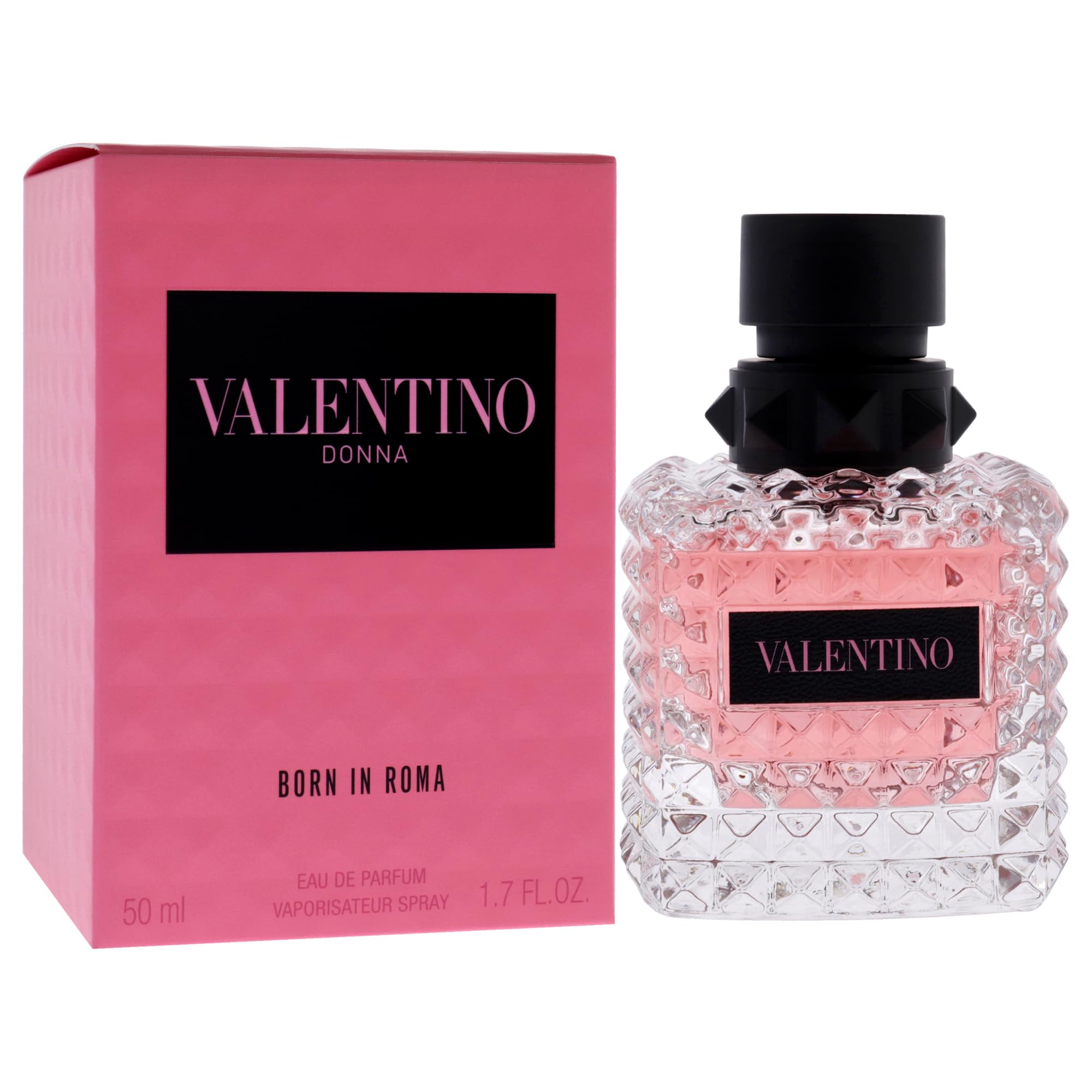Winter Skincare Tips for Glowing Skin
Did you know that 85% of people get dry, irritated skin in winter? The cold air and low humidity can hurt our skin’s protective layer. This can lead to problems like eczema, psoriasis, and rosacea getting worse. To keep our skin healthy and glowing in winter, we need to fight these environmental challenges.
Key Takeaways
- Cold, dry air can make skin conditions like eczema, psoriasis, and rosacea worse.
- Moisturizers with ingredients like glycerin, hyaluronic acid, and shea butter can help hydrate dry skin.
- Limiting exfoliation and retinoid use can prevent over-irritation during the winter.
- Using a humidifier and limiting shower time can help mitigate the effects of dry indoor air.
- Protecting exposed skin and avoiding harsh cleansers are crucial for maintaining a healthy skin barrier.
Understand the Impact of Cold, Dry Air on Your Skin
When it gets colder and the air dries out, your skin faces many challenges. The low humidity in cold places makes your skin lose moisture constantly. This can cause irritation, dryness, and flakiness, making conditions like eczema, psoriasis, and rosacea worse.
The cold, dry air and indoor heating make your skin even drier, weakening its barrier3. The cold weather can really hurt your skin’s health in winter, making it dry, itchy, and flaky3. Without enough moisture and protection, your skin’s natural defenses can get weaker, making it more prone to irritation and sensitivity3.
- Cold, dry air can easily irritate the skin, leading to dryness, flakiness, and worsening of skin conditions like eczema, psoriasis, and rosacea2.
- Low humidity and indoor heating further dehydrate the skin, causing the skin barrier to become compromised2.
- Proper hydration is crucial during winter to prevent skin dehydration, leading to dryness, flakiness, and chapped skin3.
To keep your skin healthy and glowing in winter, it’s key to understand these environmental impacts. You should also create a skincare routine that meets your skin’s specific needs. 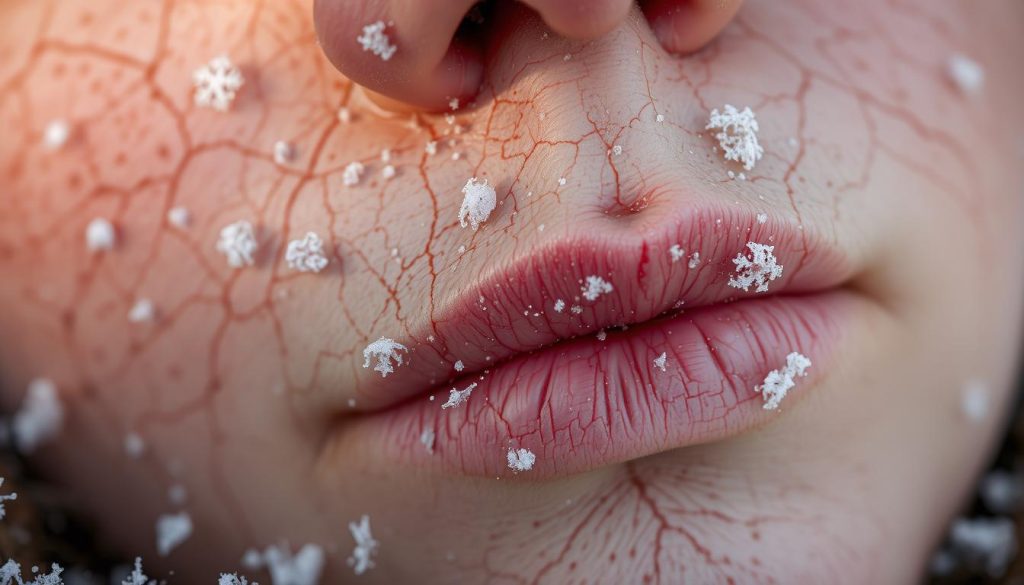
Moisturize Regularly with Hydrating Formulas
Keeping your skin moist is key in winter when cold air dries it out. To fight dryness and keep your skin bright, add hydrating moisturizers to your daily care.
Choose moisturizers with ceramides, hyaluronic acid, and petrolatum. They help replace lost skin oils and keep moisture in. The right moisturizer depends on your skin type. Dry skin needs thick ointments, normal skin creams, and oily skin lighter lotions4.
For more moisture, use a hyaluronic acid serum first. It makes your skin plump and hydrated, smoothing out fine lines.
| Product | Price |
|---|---|
| Laneige Lip Sleeping Mask | $245 |
| Glossier Milky Jelly Cleanser | $195 |
| Bio-Oil Dry Skin Gel | $105 |
| Cetaphil Moisturizing Cream | $17 (20 oz)5 |
| The Ordinary AHA 30% + BHA 2% Peeling Solution | $85 |
| Sunday Riley Juno Antioxidant + Superfood Face Oil | $725 |
Right moisturizing is vital for a healthy, moist face in winter. Using these nourishing products can fight dryness and give you glowing skin4.
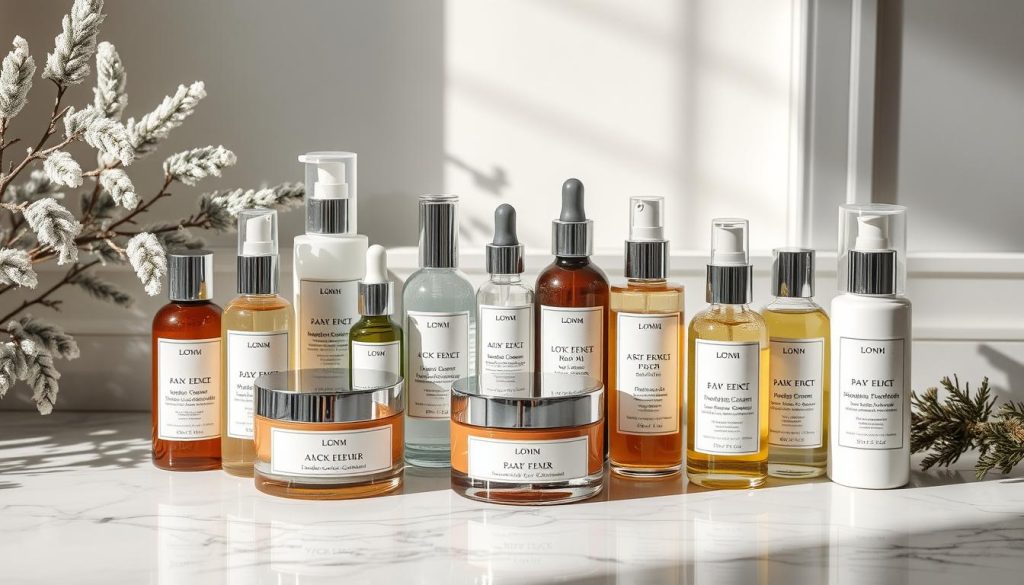
“Hyaluronic acid is a true multitasker in skincare, providing deep hydration while also plumping the skin and reducing the appearance of fine lines.”
winter skincare: Modify Your Cleansing Routine
When it gets colder and drier, you need to change how you clean your skin. Harsh face washes can make your skin dry and irritated6. Try using cream or oil cleansers instead. They clean your skin gently without taking away its natural oils7.
For exfoliating, switch to chemical exfoliants like alpha or beta hydroxy acids7. They remove dead skin cells without hurting your skin8. Exfoliate at least once a week, or every other morning in winter, to keep your skin moist8.
Adding a hyaluronic acid serum can help your skin look better by boosting collagen7. Also, use a thicker, more moisturizing face cream. Look for ones with ceramides and fatty acids to keep your skin hydrated7.
To keep your skin healthy and glowing in winter, pay attention to your cleansing routine678. Making a few changes can help your skin stay nourished and protected678.
Combat Dry Indoor Air with a Humidifier
When it’s cold outside, our skin gets hit hard by dry air. Running a humidifier at home or work can really help. It keeps the air moist, making our skin healthier and more radiant9.
The best humidity level for homes in winter is 30%-50%. This helps keep our skin and noses moist9. But, we should keep humidity under 50% to stop mold and dust mites from growing9. This way, we make our homes more comfortable and good for our skin.
Also, keep your thermostat between 20°C and 22°C to avoid dryness9. Drinking enough water is crucial too. Aim to drink half your weight in ounces daily. Staying hydrated helps fight dryness from heaters and keeps our skin glowing.
Adding a humidifier to your winter skincare routine is smart. It fights dry air and heaters’ effects. By keeping moisture levels right, we protect our skin from dryness and skin problems91011.
Adjust Your Shower Routine
As winter arrives, it’s important to think about your shower routine. Long, hot showers might feel good, but they can dry out your skin12. To keep your skin healthy and glowing, try to limit showers to 5-10 minutes and use lukewarm water13.
It’s best to avoid very hot water, as it can dry out your skin even more13. Choose lukewarm water instead. It cleanses your skin gently without taking away its natural moisture13.
After showering, apply a moisturizer right away while your skin is still damp12. This keeps your skin hydrated and prevents it from feeling tight and dry13.
By tweaking your shower routine a bit, you can keep your skin moist and bright all winter13. Taking good care of your skin is key to getting that healthy glow, even in the coldest months1213.
Protect Your Skin from Environmental Aggressors
Even though the winter sun seems less strong, it’s still harmful. Sun protection is key all year, and using sunscreen with SPF 30 or higher daily is a must14. Activities like skiing or snowshoeing make the sun’s rays stronger because they bounce off the snow14. Always reapply sunscreen every two hours when outside to keep your skin safe.
Winter also brings other dangers to your skin. Air pollution, tobacco smoke, and dry indoor air can cause acne, irritation, and early aging14. Things like coal, crude oil, and ozone gas can harm your skin cells and weaken your skin’s defense14.
To fight these winter enemies, a complete skincare plan is needed. Clean your face twice a day, especially in polluted cities, to get rid of dirt14. Keeping your skin hydrated and moisturized is vital, especially with hyaluronic acid14. Adding antioxidant-rich products with vitamins C and E can also protect your skin before sunscreen 14.
If you have sensitive skin, look for special skincare products that soothe and reduce redness14. Choose products with UVA/UVB protection and antioxidants, like Neutrogena® Invisible Daily™ Defence SPF60+ Serum, to shield your skin from winter’s harshness14.
| Environmental Factor | Skin Concerns | Prevention Strategies |
|---|---|---|
| Air Pollution | Acne, Irritation, Premature Ageing | Gentle Cleansing, Hydration, and Antioxidants |
| Tobacco Smoke | Irritation, Premature Aging | Gentle Cleansing, Hydration, and Antioxidants |
| UV Radiation | Sunburn, Skin Cancer, Premature Aging | Broad-spectrum sunscreen, Protective Clothing |
By using these winter skincare tips, you can protect your skin from winter’s environmental dangers141516. This way, you can keep your skin healthy and glowing all winter long14.
Be Mindful of Potential Irritants
In winter, your skin gets drier and more sensitive. Ingredients like fragrances, retinoids, and exfoliating acids can make it worse17. To keep your skin from getting too dry, think about using less or avoiding these ingredients until your skin gets used to the cold.
Fragrance-Free is Best
Fragrances can really upset sensitive skin. They can cause redness, itching, and swelling17. So, choose products without fragrances to help your skin stay calm during winter.
Retinoids Require Caution
Retinoids are strong because they help remove dead skin cells. But, they can dry out your skin too much in winter17. Try using them less often or pick a milder version until your skin gets stronger.
Exfoliating Acids Demand Moderation
Exfoliating acids, like AHAs and BHAs, can also be tough on dry skin in winter. They help get rid of dead skin but can hurt your skin’s moisture barrier if you use them too much17. Use them less or switch to gentler exfoliants until your skin adjusts.
By watching out for these irritants and adjusting your skincare, you can keep your skin healthy and bright all winter1718.
Don’t Neglect Your Lips and Nails
As the weather gets colder, people with sensitive skin may experience cracked lips, oily skin, and dehydration. It’s easy to focus on moisturizing the face and body. But, it’s crucial not to overlook the delicate skin on your lips and nails.
To protect your lips from the harsh winter elements, use a hydrating, SPF-infused lip balm regularly19. Only 6 percent of Americans are aware that ultraviolet rays can cause lip cancer19. So, keeping your lips covered and moisturized is essential. Men in North America have a five to 10 times greater incidence of lip cancer than women19. So, all genders should be equally mindful of their lip care routine.
Similarly, your nails may become brittle and discolored during the winter months. Regularly applying a nourishing nail cream or balm can help strengthen and hydrate your nails. This prevents them from becoming dry and cracked. If you notice any changes in your nails, it’s best to consult a dermatologist to address any underlying issues20.
Remember, a comprehensive winter skincare routine should address all aspects of your skin. This includes your face, body, lips, and nails. By taking the time to care for these often-overlooked areas, you can maintain healthy, glowing skin throughout the colder months.
| Skin Concern | Winter Skincare Tip |
|---|---|
| Chapped Lips | Use a hydrating, SPF-infused lip balm regularly19. About one ounce (a shot glass full for your entire body) of sunscreen should be reapplied two or three times a day19. |
| Brittle Nails | Apply a nourishing nail cream or balm to strengthen and hydrate your nails. |
| Dry, Discolored Nails | Consult a dermatologist to address any underlying issues causing changes in your nails20. |
By following these tips, you can keep your lips and nails healthy and hydrated throughout the winter season.
“Eczema Awareness Month is celebrated in October, Varicose Disease Awareness Month is recognized in September, and Psoriasis Awareness Month is observed every August to spread knowledge about these persistent skin disorders.”
Remember, a comprehensive winter skincare routine should address all aspects of your skin. This includes your face, body, lips, and nails. By taking the time to care for these often-overlooked areas, you can maintain healthy, glowing skin throughout the colder months201921.
Conclusion
To keep your skin healthy and glowing in winter, you need to take action. The cold, dry air can dry out your skin, making it flaky and worsening skin problems22. Use moisturizers, humidifiers, and protect your skin from the environment to keep it nourished and bright2223.
Winter can be tough on your skin, but the right skincare can help. Use ingredients like hyaluronic acid and shea butter to keep moisture in. Adding DIY treatments or supplements can also boost your skin’s health23. With a good skincare routine, you can face winter with confidence and a radiant glow22.
Consistent care is key to getting through winter with your skin looking great22. Take the time to pamper and protect your skin. This way, you’ll have a glowing complexion, even in the coldest weather23.

